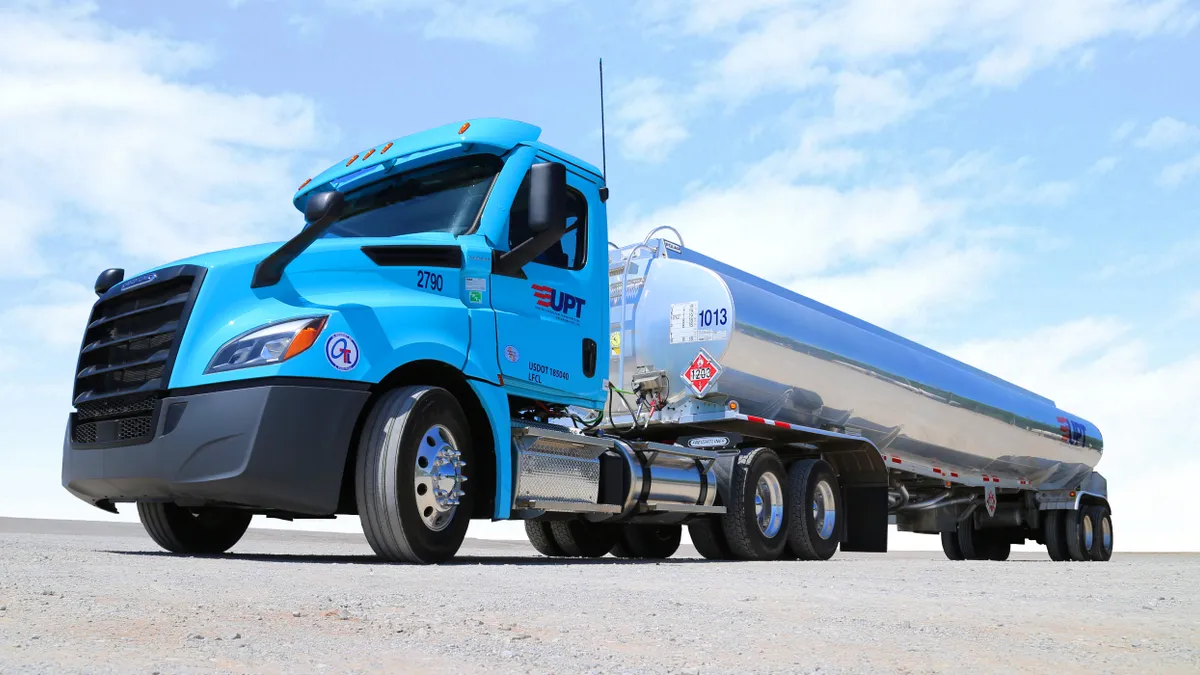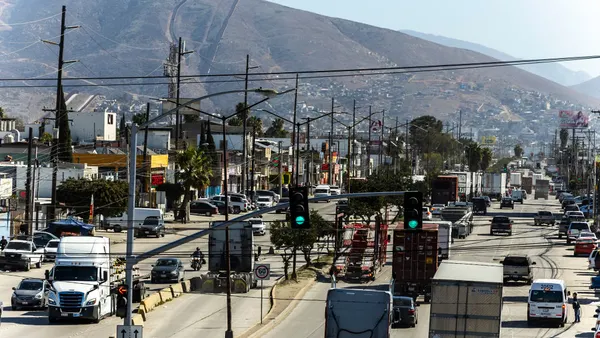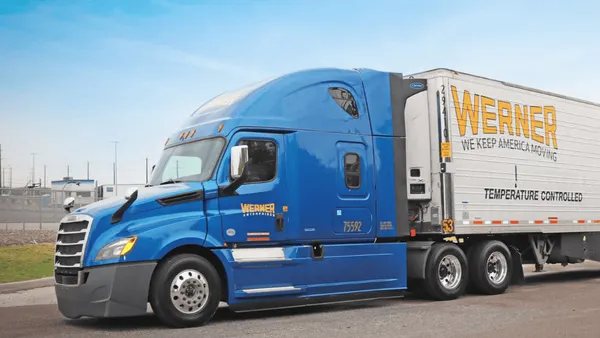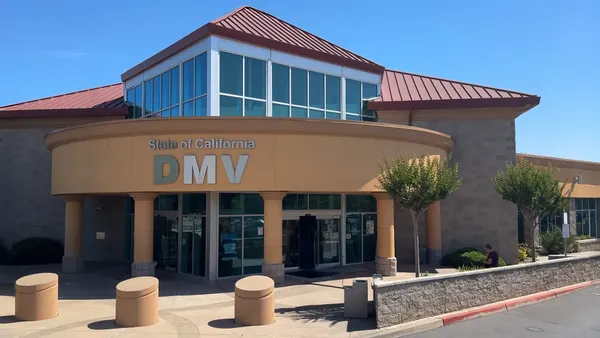Attempts to curtail the spread of COVID-19 vastly diminished the need for oil and, in turn, tanker fleet demand. The International Energy Agency predicts global oil demand at 91.7 million barrels a day, a decline of 8.4 million barrels a day YoY. Lockdown measures, lower demand for passenger air travel and manufacturing shutdowns contributed to the decline.
Stephen Burks, professor of economics and management at the University of Minnesota, Morris, said the industry has come back somewhat since the spring, but not as much as people would like.
“Early in the pandemic, the demand for fuel was cut roughly in half,” said Burks, a trucking industry economist. “But now there has been a surprising level of recovery in some areas.” He pointed to ethanol production in the Midwest as one example, which has reopened following COVID-19 lockdowns.
“The question is whether this is sustainable, and whether it will spread more widely, given economic headwinds,” Burks said.

Air travel and commuting by car previously used 16 million gallons of fuel a day, Damien Courvalin, an analyst for Goldman Sachs, said in a Los Angeles Times article dated April 25, 2020. Now companies have figured out how much business can be conducted via video conferencing, he said, and international oil may never return to last year’s levels.
If the changes consumers and workers have made because of the pandemic — including staying home more, reducing business travel and elevating their online shopping — stick post-pandemic, tanker truck fleets will need to flex their resilience muscles and diversify their customer mix to keep demand steady.
How UPT kept busy
When business “fell off a cliff” in mid-March for United Petroleum Transports, President and CEO Greg Price took action to turn his company around. The privately-held, family-run company has 450 trucks and 550 drivers that the fleet needed to keep busy.
“On March 17, our business fell off by 45% because we normally haul motor fuel, asphalt acids, chemicals and petroleum-related products,” Price said. “None of our customers closed, but they weren’t selling or using much fuel.”
At the beginning of the global pandemic, customers approached UPT, asking if it would transport hand sanitizer and disinfectant chemicals. Another shipper requested it move the raw materials needed to make cloth masks. Ready to augment and fill in where needed, Price agreed.
Price also asked some of the larger fleets, like J.B. Hunt, Werner, Amazon and others, if his company could help them. UPT ended up pulling dry boxes for these carriers.
“We belong to Responsible Care, the chemical manufacturing industry’s environmental, health, safety and security performance initiative, and reached out to them, made it known we were looking for business and got some there,” said Price. “We have been in business for 54 years because of our flexibility and agility.”
UPT is also helping in Texas and Louisiana after the recent hurricanes as part of the state and the Federal Emergency Management Agency’s emergency response fuel team
“None of our customers closed, but they weren’t selling or using much fuel.”

Greg Price
CEO of United Petroleum Transports
By responding quickly to the needs of shippers and UPT drivers, Price said his business continues at 85-90% of its pre-pandemic levels.
Burks said other ways to gain business opportunities include focusing on logistics as a bigger part of the business, performing maintenance for others and looking for alternative liquid loads consistent with tankers.
Fuel needs on the rise
Pricing and rig data indicate oil demand is on the upswing. Baker Hughes, an energy technology company, reported rising counts of active drilling rigs in the U.S., although the count is down more than 600 YoY.
“That signals to me the price of a barrel of oil is rebounding and has been happening slowly for the past two months,” said John Esparza, CEO of the Texas Trucking Association. “We still have a -650 difference between now and the same time last year, but it’s much better than it was in March and April.”
Oil has been hovering around $40 for several weeks. When the price falls below $30, producers often won’t even extract it from the ground.
“Be ready for the ebbs and flows, because it won’t stay slow.”

John Esparza
CEO of the Texas Trucking Association
Still, oil prices, production and consumption can be volatile.
Esparza said the most successful transport companies don’t get too excited about the shift, don’t go crazy and don’t get depressed when times are bad.
“When it’s slow, educate your team, spend more time on equipment, and know that this will pass. It is very cyclical,” said Esparza. “Be ready for the ebbs and flows, because it won’t stay slow.”












